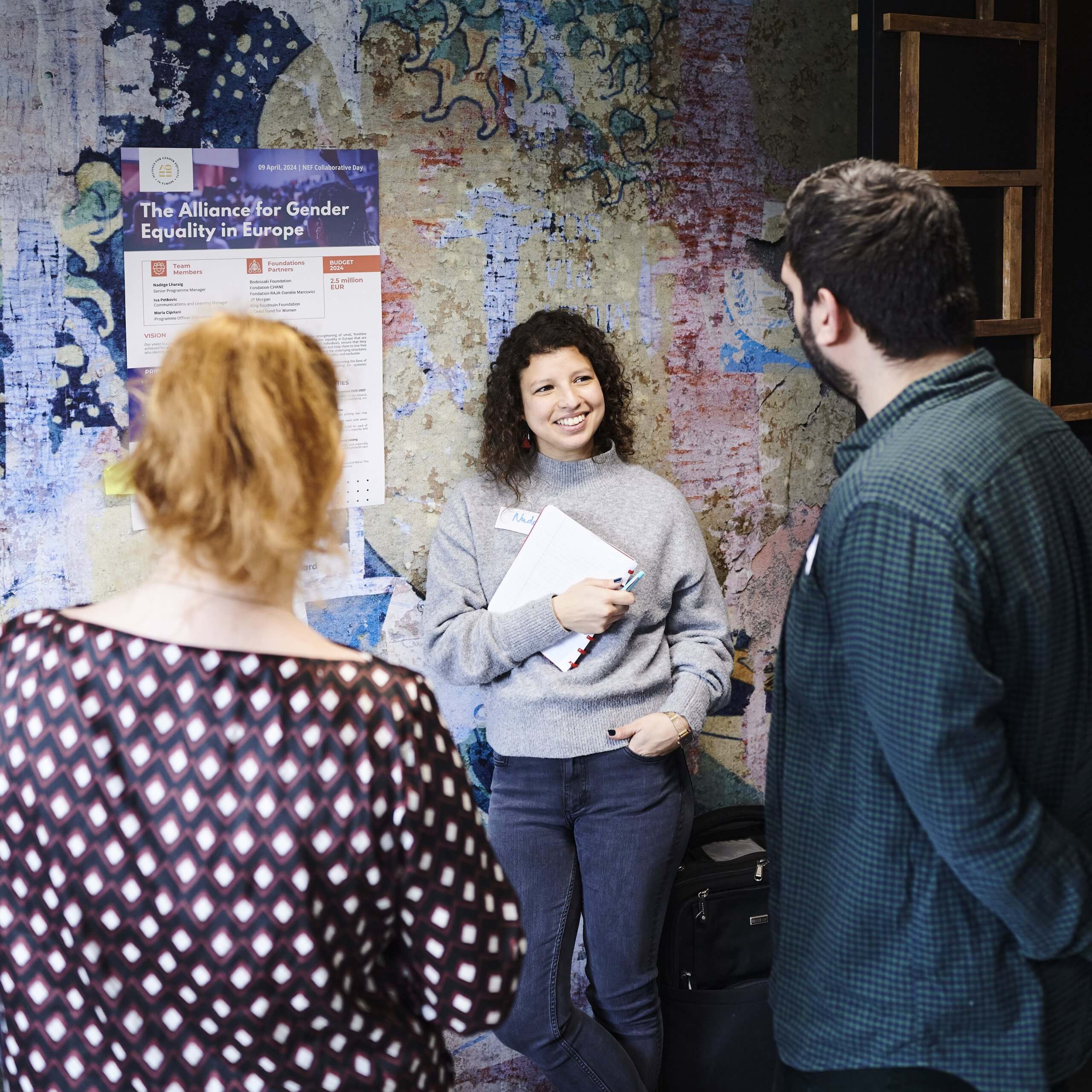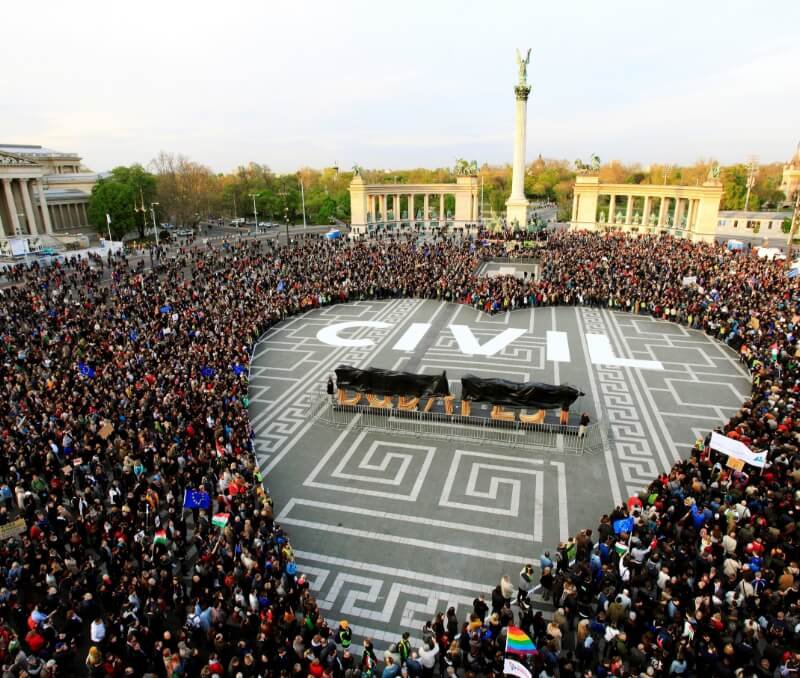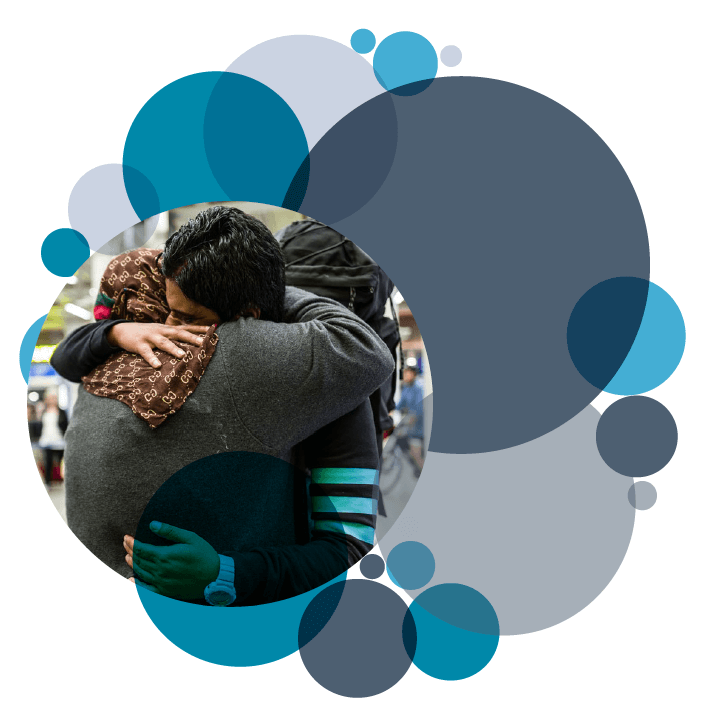NEF Collaborative Day

On April 9th 2024, we gathered 35 individuals from our NEF team and foundation partners for our annual 'Collaborative Day.' The purpose was to build connections and learn from one another, focusing on the theme of narrative change and strategic communication that our projects aim to explore further together.
We recognize that while the starting points of our collaborative projects on strategic communication may vary, they all face similar challenges in demonstrating its relevance to the fields they serve and to the foundation partners involved. At NEF, we have gathered numerous ideas and suggestions from the day's discussions. We will work to advance these ideas, with the aim that our collaborative projects continue to learn and grow together.
With a new team member devoted to enhancing the 'Collaboration and Learning Hub' at NEF, we aim to stand in solidarity with our projects and the broader ecosystem. We strive to contribute to creating the conditions for a 'better democracy for people and planet,' as articulated by one working group during a joint exercise of deconstructing and reconstructing narratives.
If you would like to access the full notes, please get in touch with us.
"Shifting power" at NEF

In the ever-evolving landscape of philanthropy, the question of fairness and equity is an increasingly relevant one across the field. As we witness threats to democracy, the concept of power-sharing emerges as a point of reference, guiding philanthropy’s collective journey toward a more just and inclusive world.
At NEF, conversations about power dynamics and resource allocation are sparking transformative change. By reimagining traditional decision-making processes and embracing diverse voices, NEF aspires to contribute to the new pathways toward equity.
In a co-authored article for Alliance Magazine, several NEF stakeholders reflect on NEF's journey, exploring the challenges and accomplishments along the way. From decentralized funding structures to inclusive governance models, NEF's collaborative efforts serve as a testament to the power of collective action.
But the road to equitable power dynamics is not without its obstacles. As NEF navigates this new mission, it is reminded by all its stakeholders – from foundation partners to grantees – of the importance of transparency, flexibility, and continuous learning. Through open dialogue and a willingness to adapt, NEF is able to, at the minimum, commit to meaningful progress and lasting impact.
Articles in the same category

Updates
Alliance for Gender Equality in Europe The Alliance for Gender Equality in Europe has released its...

Edito
Dear readers, As we close the accounts for 2023, we are excited to share some achievements...

Upcoming Events
NEF Board
25 September 2024
Online
